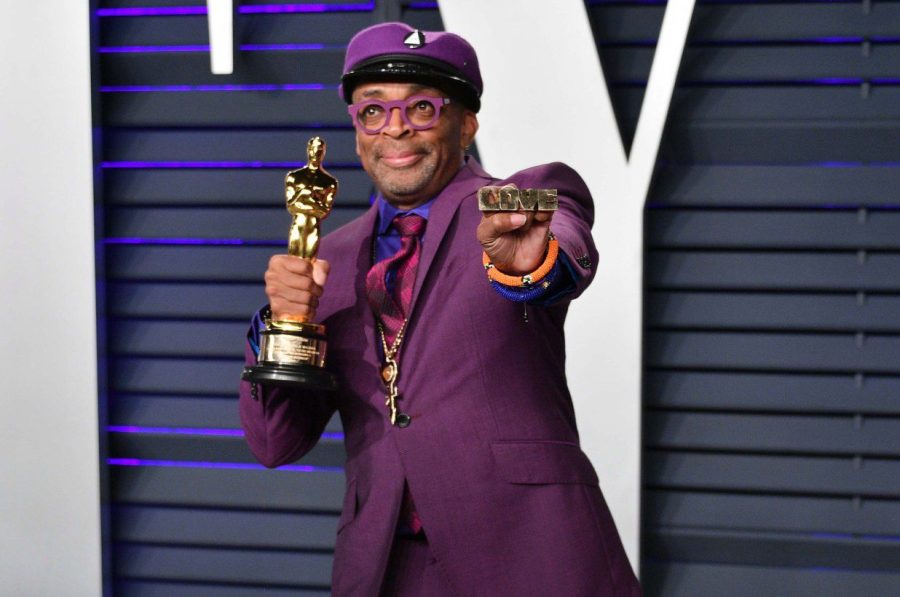The Oscars Balance Tradition , Innovation to Yield Successful Results
February 26, 2019
The Oscars put everything on the line this year, and for the most part, the gamble paid off. The 91st Academy Awards, honoring the best of the year in film, underwent a huge identity change since last year’s underwhelming ceremony, aiming to become more modern and escape from tradition. Despite some previously radical ideas that did not come to fruition, including the prospect of awarding a Best Popular Movie and the idea of cutting the presentation of some awards from the television broadcast, the Oscars did, for the first time in history, operate without a host.
For the most part, this risky decision paid off. The duration of the awards ceremony decreased in the absence of the host’s sketches and opening monologue, resulting in a ceremony that felt quicker and more efficient, giving viewers exactly what they tuned in for: the distribution of the awards.
However, the absence of the host did result in some growing pains, namely the show’s ineffective opening. The Oscars are known for the classic opening monologue from the host, an entertaining introduction to hook audiences. In the absence of this monologue, Queen and Adam Lambert took the stage, celebrating the music of Queen featured in “Bohemian Rhapsody” while attempting to give the show a bombastic hook.
Unfortunately, this came off as forced and questionable. While an understandable effort to make the ceremony more accessible for general audience members who are not as captivated by the prospect of seeing which film would win Best Sound Mixing or Best Costume Design, it simply did not fit the tone of the ceremony itself. It felt like an older generation trying to connect to a younger generation in an ultimately unsuccessful manner.
This is an understandable mishap however. The ceremony is in its first year without a host, and, as such, is bound to make some questionable decisions in order to determine what is the most successful way to operate outside the realm of tradition. Regardless, given the recent concerns about a ceremony stretching for over four hours, the absence of a host did exactly what it was supposed to do: it made the Oscars more efficient.
The Academy’s voters also demonstrated a willingness to embrace innovation and made the effort to escape from traditionality. While signs of being chained to tradition are still there, the biggest being “Green Book” winning Best Picture win, “Spider-Man: Into the Spiderverse” winning the Best Animated Feature award, “Black Panther” capturing three awards and Olivia Colman winning Best Actress for her untraditional performance in “The Favourite,” the Academy’s attempt to modernize its ceremony is being reflected by its voters, resulting in a more interesting and more genuine show overall.
While this year’s Oscars were not without it’s faults, and though signs of its adherence to tradition still remain, it is the effort that it made to take what was best about tradition, such as the presentation of all 24 awards, while incorporating relevant and effective innovations that made this year’s ceremony a true success.
Given the questions swirling around the Oscars following the questionable innovations presented in the months leading up to the ceremony, most of which ultimately fell through, there was potential for the Oscars to truly result in disaster. However, the deft mixing of tradition and modernity made the ceremony one of the most memorable and successful ones in history.











